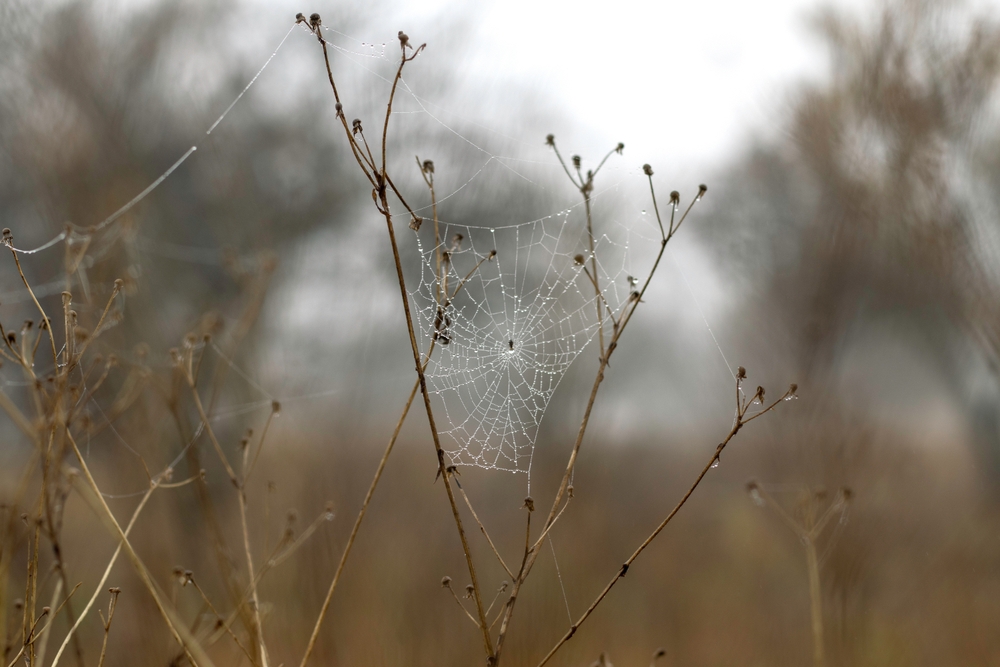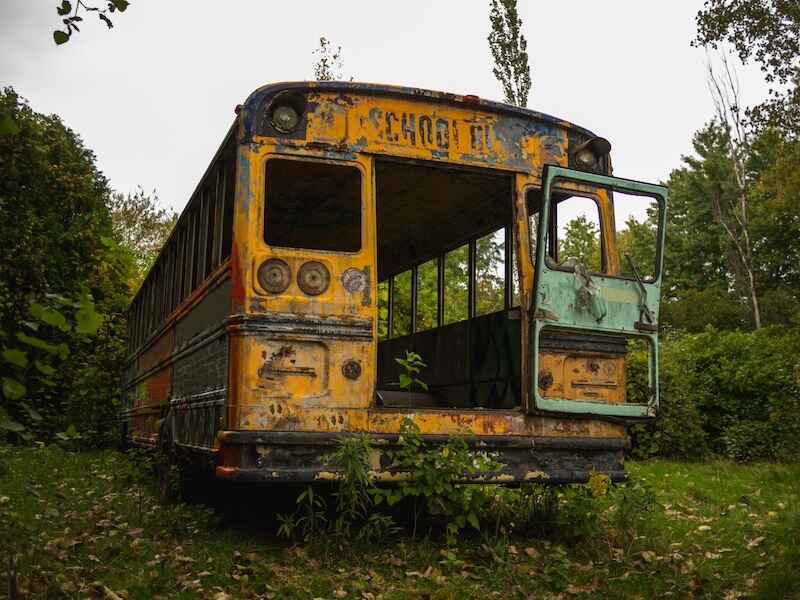The One Word That Sums Up Today’s Problems
Joel Salatin|September 8, 2020

How many of today’s problems are a consequence of convenience?
Too often we attribute problems to evil or greed or any number of human vices. But perhaps we need to add convenience to the list.
As I look back over my biggest mistakes in life, more often than not they weren’t due to greed or evil intent or other devious attitudes… They simply reflected convenience.
We can see that idea in our families, our communities and our entire culture. Indeed, history is rife with the rise and fall of civilizations due to convenience – taking away and not putting back.
So let’s dig into some of these issues… and what we can do about them.
A Matter of Convenience
Most livestock producers think it’s more convenient to have a refrigerator full of vaccines and pharmaceuticals than to devote time and effort into better management, genetic selection, and dietary nutrition.
When people visit our farm and see our beef animals finishing on beautiful pasture, they invariably ask, “Why would anyone put them in a feedlot and feed them grain when they could just graze them on perennials?”
The answer is simple: convenience.
Finishing on forage is much more difficult than finishing on grain. You can take any steer and shove grain at him and he’ll get fat and finished. But doing that with forage is hard.
The entire grain-finished beef industry grew up around convenience.
Craftsmanship isn’t easy.
One of the reasons the food inspection bureaucracy loves centralized, mega-scale facilities is that it’s more convenient to go to one place and spend the day there than it is to run around to a bunch of small neighborhood abattoirs.
In the big plants, the inspector engages with one or two officials. In a handful of smaller plants, the inspector engages with multiple owners, all with different personalities and wishes.
How inconvenient.
Short-Term Thinking
This human propensity toward convenience subconsciously drives decisions and carries broad implications.
It’s a prejudice built into our psyche that manifests itself in all sorts of ways.
In 1900, urban swill dairies (partnering with breweries for distillers’ spent grains) wrestled with milk-borne pathogens. Government regulators found it much easier to require pasteurization than to create standard operating procedures for milk wholesomeness.
Yet at the same time, the Mayo Clinic grew up around raw grass-fed milk as an alternative to the swill dairies… and saw incredible health benefits.
The predilection toward convenience drives us to make decisions and create policies that focus on short-term rather than long-term solutions.
What’s easy today overrides what’s best for tomorrow.
The whole American healthcare debacle, I would argue, has its roots in Franklin D. Roosevelt’s wage manipulation during the New Deal.
Business owners, desperate for a way to reward good workers, conceived health insurance as a way to get around Roosevelt’s short-term, convenience-oriented perspective.
Sometimes it takes a while for the consequences to show up, but they always do.
Better Consequences
As Sir Albert Howard, godfather of scientific aerobic composting, wrote in his iconic 1940 book, An Agricultural Testament, every civilization tries to turn into cash what nature spent centuries building.
One of my favorite writers is John Taylor of Caroline, a contemporary of Thomas Jefferson. In his book Arator, written in 1818, he wrote:
Let us boldly face the fact. Our country is nearly ruined. We have certainly drawn out of the earth three-fourths of the vegetable matter it contained, within reach of the plough. Vegetable matter is its only vehicle for conveying food to us. If we suck our mother to death we must die ourselves… Forbear, oh forbear matricide, not for futurity, not for God’s sake, but for your own sake. The labour [sic] necessary to kill the remnant of life in your lands, will suffice to revive them. Employed to kill, it produces want and misery to yourself. Employed to revive, it gives you plenty and happiness.
He understood that doing the inconvenient thing of putting organic matter back on the soil would lead to better consequences.
He knew then, and we know now, how to do it, but America still isn’t doing it – 1 bushel of corn still costs us 2 bushels of soil.
Turning to the coronavirus… Which is more convenient, a vaccine or building our immune systems?
The notion that I can do whatever feels good and tickles my sweet tooth but reach for a pill or needle if consequences pile up is the ultimate convenience.
Most things born solely from convenience come back to haunt us.
If we reach for a vaccine before functional immune systems, we will regret it.
One More
Obviously I could write a book on this theme, but one more topic bears visiting: food.
The single biggest obstacle to getting more people to eat authentic food is the inconvenience.
“You mean I have to care about where it comes from… then I have to prepare, process, package and preserve this stuff? How inconvenient.”
Yes, it is… but the consequence is resilience in our food and farming systems. It’s viable, soil-building local farms. It’s decentralized (social distanced?) processing facilities and personal accountability.
What would happen if we all spent a week auditing our spending and decisions, passing each through the filter of convenience versus consequence?
Chances are we’d all be challenged afresh to pursue a more long-term goal… and that would be good for everyone.
Where do you see convenience being chosen over consequence? Send your thoughts to mailbag@manwardpress.com.

Joel Salatin
Joel Salatin calls himself a Christian libertarian environmentalist capitalist lunatic farmer. Others who like him call him the most famous farmer in the world, the high priest of the pasture, and the most eclectic thinker from Virginia since Thomas Jefferson. Those who don’t like him call him a bioterrorist, Typhoid Mary, a charlatan, and a starvation advocate. With a room full of debate trophies from high school and college days, 12 published books, and a thriving multigenerational family farm, he draws on a lifetime of food, farming and fantasy to entertain and inspire audiences around the world.



